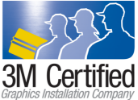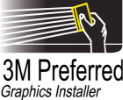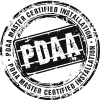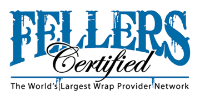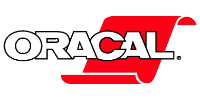It has come to the attention of several vehicle wrap material manufacturer companies that wraps are experiencing dull black and rust coloring or clouding affecting the surface of the laminate. We have seen this effect on wraps in Washington DC, Baltimore, MD, Raleigh, NC, and Charleston, SC, but also in surrounding areas.
Unwrapped vehicles with OEM paint are just as susceptible to the effects of acid rain as those wrapped vehicles. These environmental problems are caused by industrial pollutants, like sulfur dioxide. This is substantial when these pollutants bonds with water vapor, forming an acidic molecule. When the dew point is reached in the area, dew is deposited on the vehicle surfaces.
What was acidic vapor is now acidic dew. The acidic dew will etch the surface of the laminate if the dew is left on the vehicle for prolonged periods of time. The dew is a larger issue than simply acid rain because in these circumstances the acid is fairly concentrated and can etch the paint or laminate.
These are manufacturer suggestions and may or may not prevent wrap damage from acid damage. Many manufacturers attribute the damage is an environmental issue and not related to manufacturing process, printing, production, or lamination failure, and as a result do classify as a product defect.
Installation companies must follow certain guidelines set forth by material companies to minimize the effects of the acid rain and dew.
- Follow all industry installation procedures for cleaning and preparing the vehicle for installation
- Educate wrap owners of the importance of ongoing care.
- Understand how warranties are affected by fallout acid dew and convey to client.
Clients can also take a proactive roll by following the following guidelines:
- Ask for a vehicle wrap care sheet form your installer
- Rinse the vehicle every morning to remove any deposits
- Wash the vehicle weekly with middle soap
- Use a Silicon or Teflon wax or polish design for vinyl surfaces to help protect the surfaces and follow it advice.
